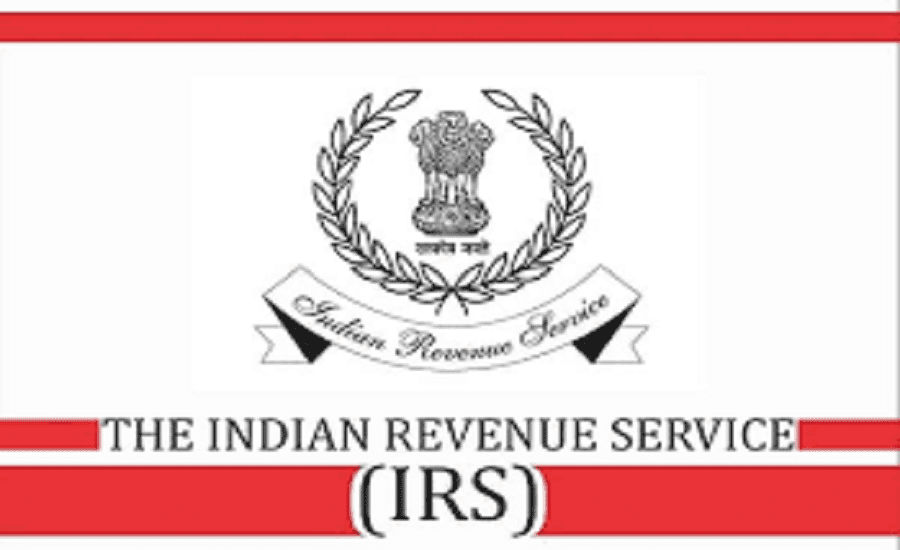Chandigarh: The Punjab and Haryana High Court recently dismissed a writ petition filed by Tarsem Lal, a retired Indian Revenue Service (IRS) officer. Lal sought to receive the pay scale of an Additional Commissioner of Income Tax for the period he served as a Departmental Representative (DR) at the Income Tax Appellate Tribunal (ITAT) from June 2006. Lal argued that since there was no post of Assistant Commissioner at the ITAT, his role should be considered equivalent to that of an Additional Commissioner.
Petitioner’s Arguments
The petitioner contended that while serving as DR, he was effectively performing duties of higher responsibility by representing the department before the ITAT. He also pointed to a June 2023 sanction order, highlighting that reimbursement amounts sanctioned to him as a Deputy Commissioner and to officers at the Additional Commissioner rank were identical. According to Lal, this parity in reimbursements supported his claim for a higher pay scale.
Union of India’s Opposition
The Union of India opposed the plea, stating that Lal’s substantive cadre remained that of Assistant Commissioner and that his role was limited to presenting departmental cases before the Tribunal. The government argued that the absence of an Assistant Commissioner post in the ITAT did not automatically elevate Lal’s rank. Additionally, uniform allowances and reimbursements across officers of various ranks in the ITAT could not be taken as evidence of higher responsibilities or entitlement to higher pay.
Court’s Observations and Verdict
After examining the case, the Division Bench comprising Justice Harsimran Singh Sethi and Justice Vikas Suri held that entitlement to higher salary depends on whether the duties performed are substantially higher than those attached to the officer’s substantive rank.
In this case, the Court noted that Lal’s responsibilities as DR were limited to presenting departmental cases, which were consistent with the duties of his substantive rank of Assistant Commissioner. The Court clarified that parity in allowances and reimbursements reflected uniform benefits and did not imply equivalence of duties.
Since there was no evidence that Lal performed duties of higher responsibility than those of an Assistant Commissioner, his claim for Additional Commissioner pay was unsustainable. Consequently, the Court dismissed the writ petition.
Read also: Punjab & Haryana High Court Initiates Suo Motu Case Over Denial of Security to Judicial Officers





























